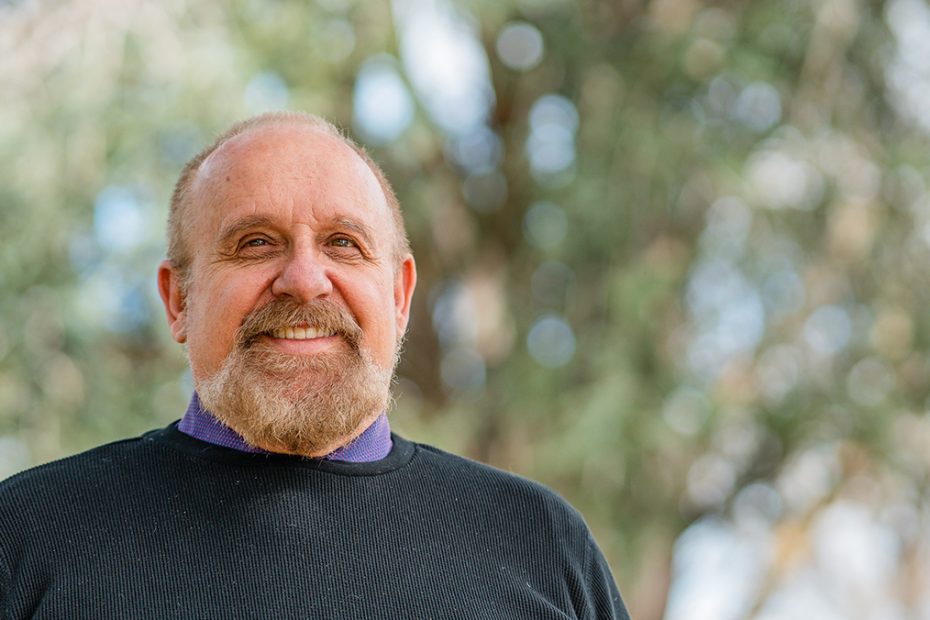Since 2006, I’ve had three guide dogs, Fergus, Mack, and now Yoda. Mack recently passed away during emergency surgery. He had only been in retirement for about eight months. His death prompted me to reflect on the nine years we had together working closely as a team.
Guide dogs like Mack have an interesting life. Mack and I travelled extensively around the country. We’ve been to every mainland capital. We’ve also visited Aboriginal communities such as Cherbourg, Wadeye and Bidyadanga. We’ve walked the halls of Parliament House and Mack has charmed many an MP, Senator and Minister in his time. Former Queensland Governor, Paul de Jersey, and Prime Minister Albanese were very interested in Mack and I’m sure he left a lasting impression on them both.
Going to meals in restaurants and travelling in taxis and ride share vehicles is part of what we’d do together both for work and for recreation. While the law, both Federally and in every State and Territory, clearly dictates that taxis and ride share vehicles (as well as buses, trains, ferries and planes) and restaurants, cafes and eateries cannot refuse access to guide dogs, I’m sorry to say that Mack, Fergus, Yoda and I have had our fair share of restaurants and taxis refusing us access to their services. We’ve had taxi drivers say they can’t take a guide dog because they have a dog allergy and some who simply drive away when they see the guide dog and cancel the job.
Recently, my co-worker, Harrison, and I went to a restaurant where we had dined previously, but, on this occasion, the staff refused to permit us to dine indoors with Yoda. Under the law, people with guide dogs cannot be refused entry into restaurants including indoors areas of the venue. This has happened to me on quite a few occasions. It is embarrassing, humiliating and uncomfortable. I feel very much like a second class citizen.
Others in the community, like Aboriginal and Torres Strait Islander peoples, have shared this experience of exclusion and rejection for many years. It’s simply not right. It’s unacceptable. People with disability like me should not be put through the humiliation and exclusion I’ve experienced so many times; and we should not have to fight for our rights as I’ve had to do, too often.
People with assistance dogs can often have an even more difficult time than blind people with guide dogs. There is still a long way to go! People with disability deserve to participate fully in society. Thankfully, the law recognises that right in many cases, but there are many in the community who are either ignorant or don’t want to comply with the law. When I’ve talked publicly about our experiences in restaurants and taxis, some people have tried to excuse this behaviour for one reason or another. Such attitudes are as hurtful to me as the attitudes of those who refuse to provide me a service in a taxi or a restaurant.
Fergus, Mack and Yoda have cared for me so well. Their care for me has allowed me to enjoy life to the full. Part of that enjoyment is being able to do meaningful work. Without them, my life would be so much the poorer. I have been given so many opportunities because I can travel freely around the country and in the community. The law recognises the importance of a guide dog in my life. Many restaurants and taxi drivers respect my rights too and I’m very grateful to them.
There is still much more reform needed to enable people with disability to participate more fully in society. If you haven’t already done so, why not take a look at the report of the Royal Commission into Violence, Abuse, Neglect and Exploitation of People with Disability.
